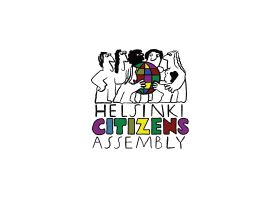7 декабря стало известно, что на территории Армении, в городе Гюмри, где располагается российская военная база, российскими же спецслужбами был задержан мобилизованный осенью прошлого года Дмитрий Сетраков. Позднее стало известно, что Сетракова вернули в Ростов-на-Дону, где он находится в региональном управлении военной полиции. CivilNet попытался разобраться с ситуацией.
Դիտումներ: 2

